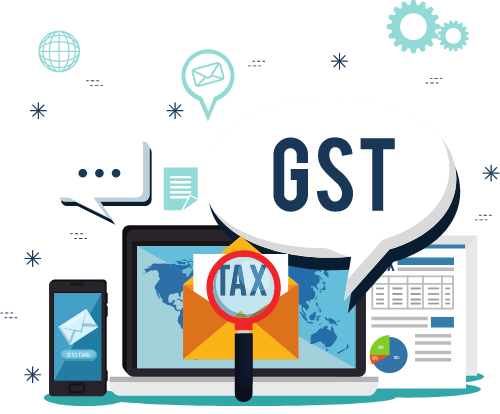The Goods and Services Tax (GST) is a unified indirect tax system introduced in India on July 1, 2017, replacing multiple indirect taxes like VAT, service tax, and excise duty. GST registration is mandatory for businesses that meet certain turnover thresholds or engage in specific activities. This guide provides a detailed overview of GST registration, its benefits, process, and compliance requirements for businesses in India.


